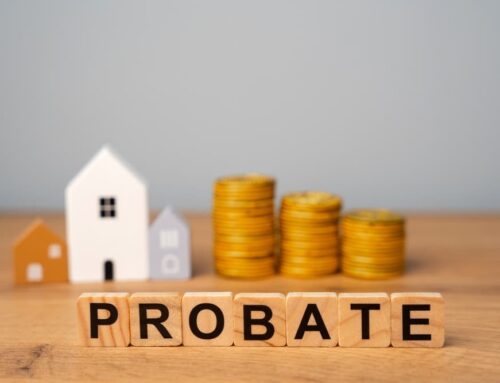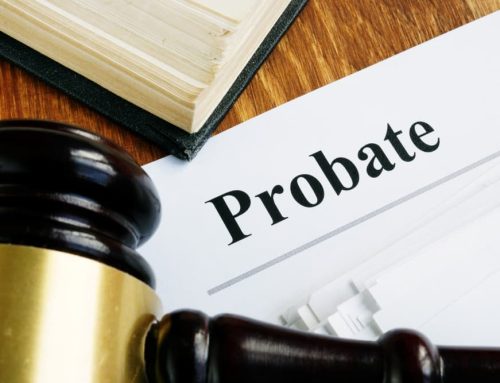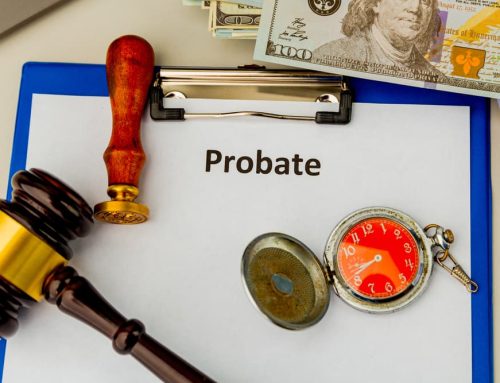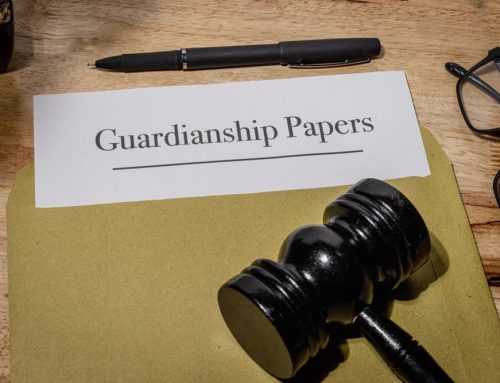What Is a Partition Action in Florida?
What Is a Partition Action in Florida?

There are times when two or more people may own a piece of property, and they may simply not be on the same page. The situation may become so untenable that they may need to involve a court to either divide the property between the owners or order a sale. This legal outcome is called a partition, and it is the last resort for co-property owners who are locked in difficult disagreements with each other. You should always seek the help of a Florida partition lawyer, who can work to protect your interests throughout the process.
How Disputes Over Real Estate Can Lead to Partition in Florida

Under Florida law, any co-owner has the right to file a partition lawsuit, regardless of the percentage of their ownership interest. If the court finds that a partition is appropriate, it will typically order one of two outcomes: partition in kind (physically dividing the property, which is rare for residential real estate) or, more commonly, partition by sale (selling the property and dividing the proceeds among the owners).
Partition can be a powerful but contentious remedy, especially if one co-owner wishes to keep the property while another insists on selling. These lawsuits often involve disputes over the fair value of the property, accounting for expenses paid by each party, or contributions toward maintenance and taxes.
The Two Types of Partition Actions in Florida
In Florida, there are two types of partition actions: partition in kind and partition by sale. Partition in kind involves the physical division of the property among the co-owners. This is typically used when the land is large, undeveloped, or easily divided without diminishing its value. Each co-owner receives a separate and distinct portion based on their ownership interest.
Partition by sale, the more common type, is used when the property cannot be practically or fairly divided. In this case, the court orders the property to be sold—often through a judicial auction or private sale—and the proceeds are divided among the owners according to their ownership percentages. The court may also consider contributions for taxes, mortgage payments, and improvements when distributing funds.
What Are the Steps to the Partition Process in Florida?
A partition lawsuit in Florida is a legal process used when co-owners of real estate cannot agree on how to manage or dispose of the property. The goal is to fairly divide the property or its value among the owners. Here are the typical steps involved:
- Filing the Complaint: A co-owner (plaintiff) initiates the process by filing a Partition complaint in the circuit court where the property is located. The complaint must identify all co-owners and their respective ownership interests.
- Serving the Defendants: Once the complaint is filed, all other co-owners (defendants) must be formally served with notice of the lawsuit. They have the right to respond, agree, or contest the action.
- Court Evaluation: The court will determine whether the property can be partitioned in kind (physically divided) or must be sold and the proceeds divided (partition by sale). Residential or developed properties are usually sold, as physical division is rarely practical.
- Accounting and Credits: The court may also consider financial contributions made by each co-owner, such as mortgage payments, taxes, or improvements. These expenses can affect how proceeds are divided.
- Order for Partition: If the court grants the partition, it issues an order outlining the method of division or sale and may appoint a special magistrate or commissioner to manage the sale.
- Property Sale and Distribution: If ordered, the property is sold—often via public auction or private sale—and the net proceeds are distributed among the co-owners based on their ownership shares and any adjustments.
Can a Partition Action Be Avoided in Florida?
Partition can often be avoided if co-owners are willing to cooperate and reach a mutual agreement. Instead of going through a costly and time-consuming lawsuit, co-owners may agree to sell the property voluntarily and divide the proceeds, buy out one another’s interest, or restructure ownership through a legal agreement.
Mediation or legal negotiation with the help of a real estate attorney can be especially effective in finding common ground. Avoiding partition is usually in everyone’s best interest, as it gives co-owners more control over the outcome and helps preserve relationships and financial resources.
How a Real Estate Lawyer Can Help with a Partition Action in Florida

First, a property partition lawyer will evaluate your situation to determine if partition is appropriate and explain your legal options. If a lawsuit is necessary, the attorney can prepare and file the partition complaint, ensure all co-owners are properly named, and handle service of process and court procedures.
During the litigation, your lawyer can present evidence about your financial contributions to the property, such as mortgage payments, taxes, or improvements, and they can argue for appropriate reimbursement or credit in the final distribution. If the court orders a sale, your attorney can help oversee the process, object to an unfair valuation, or negotiate terms for a private sale that may yield better results than a public auction.
A Florida Real Estate Attorney is Standing By
A real estate lawyer skilled in property partitions can work toward an out-of-court settlement that avoids prolonged litigation, saving time and money. With local knowledge of Florida’s partition laws and court procedures, a real estate attorney is an essential advocate in protecting your property rights. Call today to protect your property rights.
Have questions about how to get started on your estate plan or estate needs?
Have questions about how to get started
on your estate plan or estate needs?
Contact the experienced estate planning professionals at The Estate Plan
by calling us at (305) 677-8489.
Contact the experienced estate planning professionals at The Estate Plan by calling us at
(305) 677-8489.
















